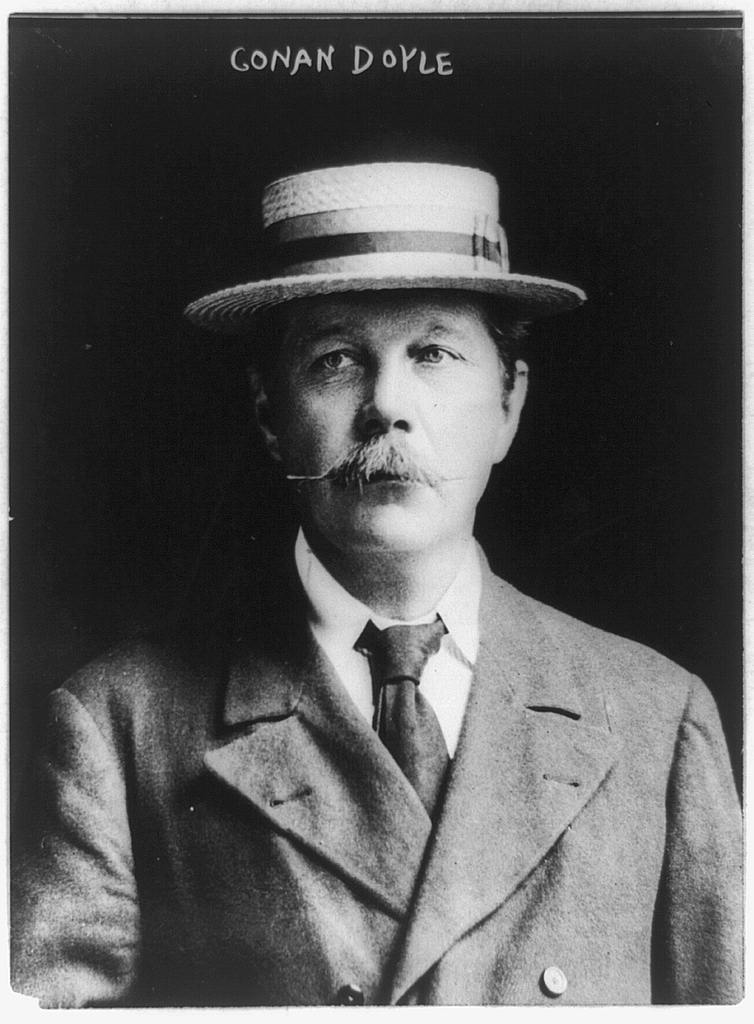This is the true story of George Edalji, a young Indian lawyer and his appeal to Sir Arthur Conan Doyle to clear his name.
In 1876 Shapurji Edalji was appointed Vicar of Great Wyrley. A Parsi convert to Christianity, he was the first Indian to have a parish in England. He married the daughter of a Shropshire vicar and they had three children, the eldest being George.
In 1888 threatening letters started arriving at the vicarage. A threat was made to shoot the Reverend and graffiti slandering the the family was written inside and outside the vicarage. More threatening letter began arriving in 1892, as did a campaign of hoax ordering of goods and services for the vicarage. The notes and hoaxes ceased in December 1895.
In January 1903, a series of slashings occurred against horses, cows and sheep, known as the Great Wyrley Outrages. Staffordshire Chief Constable Captain Anson believed that the vicar’s son, George Edalji, was the author of the letters, but did not consider him to be involved in the animal maimings. However, Inspector Campbell considered George Edalji to be a person of particular interest in the animal mutilations.
In 1903, George Edalji, the shy half-British, half-Indian lawyer, was convicted of an attack on a pit pony, and sentenced to seven years with hard labour. On his release in 1906, he asked the creator of Sherlock Holmes to investigate the case and clear his name.
It is the only case that Conan Doyle investigated personally.
Find out more
A talk in the “What’s Online” series from the National Archives on Friday the 16th July, at 2.00pm
Using letters, police records and Home Office files, author Shrabani Basu follows the trail of Arthur Conan Doyle as he wears the hat of Sherlock Holmes and uncovers the dark secrets lying in the English countryside. For example, although the police were set on Edalji’s conviction, the mutilations continued after their suspect was jailed.
Sir Arthur Conan Doyle’s work not only helped George Edalji, but helped establish a way to correct miscarriages of justice. It was partially as a result of this case that the Court of Criminal Appeal was established in 1907.
Tickets are available at https://www.eventbrite.co.uk/e/arthur-conan-doyle-and-the-case-of-the-indian-lawyer-tickets-158125945961
